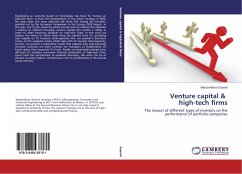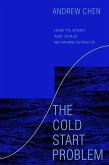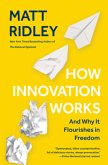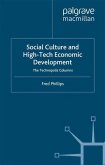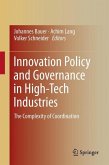Developing an economy based on knowledge has been for Europe an objective since, at least, the development of the Lisbon Strategy in 2000. Ten years later, the same objective still ranks first among the priorities pointed out by the European Commission in the Europe 2020 targets. In this vein, one of the means by which Europe aims to achieve this objective is making an efficient European venture capital (VC) market a reality, in order to make financing available for high-tech firms. In this work we explore the extent to which these firms can benefit from VC, providing new insights on VC investors heterogeneity. First, we provide a literature review of the academic works which deal with VC investor heterogeneity. Second, we present a theoretical model that explains why high-powered incentive contracts are more common for managers of independent VC funds rather than corporate VC funds. Finally, we empirically evaluate how different VC investors overcome financial constraints of high-tech firms. Apart from the contribution to academic literature, this work can be of interest to policy makers, entrepreneurs and to professionals in the private equity industry.

